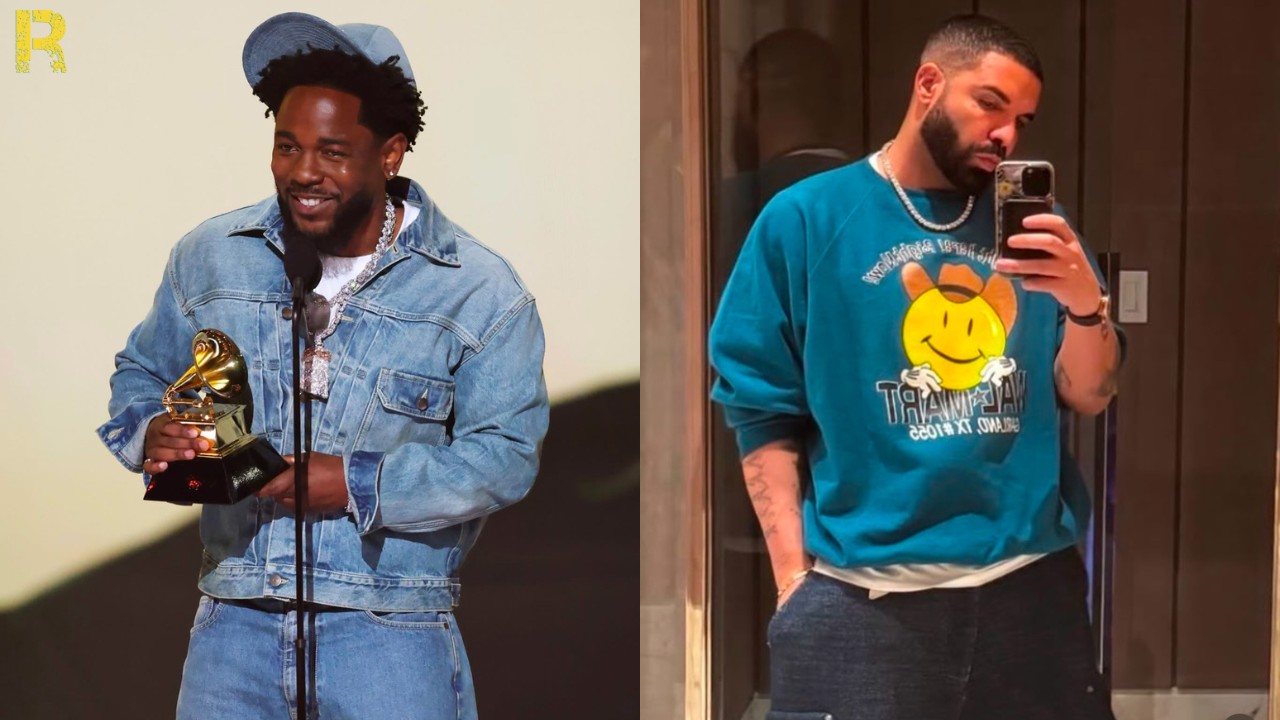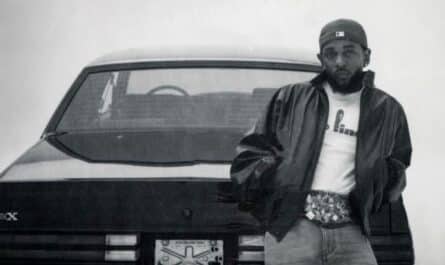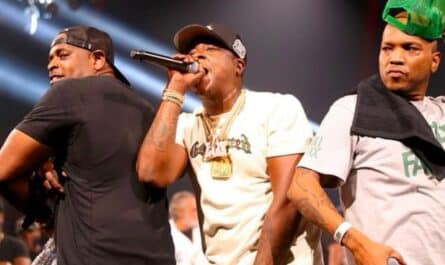Hip-hop has always been about authenticity. From the streets to the studio, rap is built on the foundation of individual experiences, raw storytelling, and unfiltered emotion. So, when allegations of ghostwriting surface, they don’t just spark debate; they shake the culture to its core.
The long-standing debate over ghostwriting has once again ignited after Kendrick Lamar’s Grammy-winning diss track, “Not Like Us,” which took aim at rap superstar Drake, who has faced scrutiny for allegedly not writing all of his own bars.
The irony? Kendrick worked with producers Mustard, Sounwave, and Sean Momberger and even sampled Ray Charles to craft the song. So, what separates collaboration from ghostwriting? And why has this issue become such a defining piece of hip-hop’s current landscape?
Ghostwriting isn’t new. In the ’80s, rappers like MC Shan and Biz Markie had people penning rhymes for them. In the ’90s, it was an open secret that Dr. Dre, Diddy, and even Eazy-E had writers behind some of their biggest hits. But here’s the difference: these artists never branded themselves as the best lyricists.
The issue with Drake’s ghostwriting allegations isn’t that he worked with others; it’s that he’s verbally dubbed himself a top-tier rapper. When Meek Mill first exposed Drake in 2015, claiming Quentin Miller was behind some of his lyrics, it directly challenged his credibility. Drake fought back with “Back to Back,” a track that bodied Meek but didn’t suppress the doubts about whether he was indeed one of rap’s greatest writers.
Drake has dominated the charts for over a decade, effortlessly switching between rap and R&B, crafting catchy hooks, and remaining a commercial juggernaut. But does his reliance on songwriting teams dilute his claim as an elite MC?
Meanwhile, Kendrick Lamar has built his career on his pen game. Tracks like “Control,” “The Heart Part 5,” and “DNA” show his ability to craft intricate, thought-provoking lyrics. Even with “Not Like Us,” Kendrick was still credited as a co-writer, highlighting his creative participation, but how much did his co-writers contribute?
Whether he had ghostwriters for pieces of his records, there’s a clear message in Kendrick’s “Not Like Us”: lyricism still matters. Kendrick made a statement by delivering a diss track that was so damaging and culturally impactful that it won Record of the Year at the Grammys. The streets, the critics, and even mainstream institutions rewarded him for his ability to write, execute, and eviscerate his opponent, even if he had some support.
2025 Grammy Award Winners: Hip-Hop and R&B Category
The ghostwriting debate won’t end with Kendrick and Drake. Collaboration is everywhere in today’s industry. Some of the biggest names, from Kanye West to Travis Scott, work with teams of writers. Even Jay-Z, an artist revered for his pen game, has collaborated with lyricists like Sauce Money and Ski Beatz early in his career.
The real question is: does it matter? For purists, rap has always been about bars that hit, flows that innovate, and lines that shake the culture. If a rapper isn’t writing their own words, can they still be considered the greatest? Or has hip-hop evolved into an industry where performance and branding outweigh raw lyricism?
As for Kendrick and Drake, this war of words will likely continue. Whether it’s another diss track or a subliminal jab, their battle reflects a larger debate that has defined hip-hop for decades.




